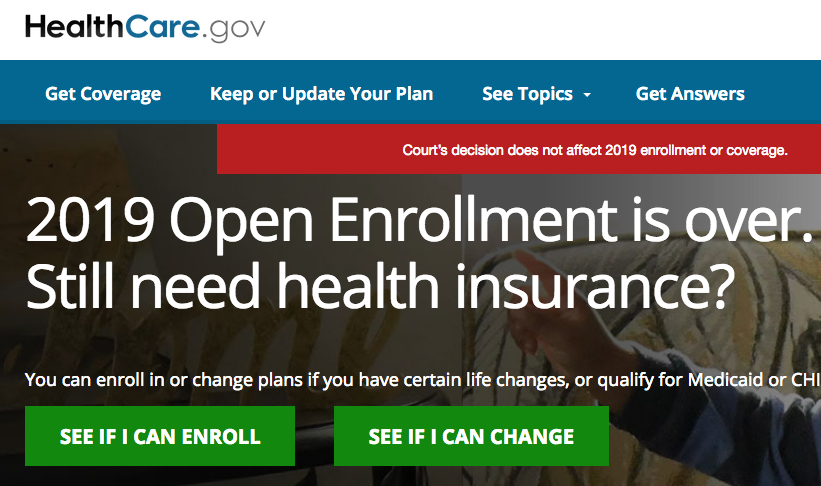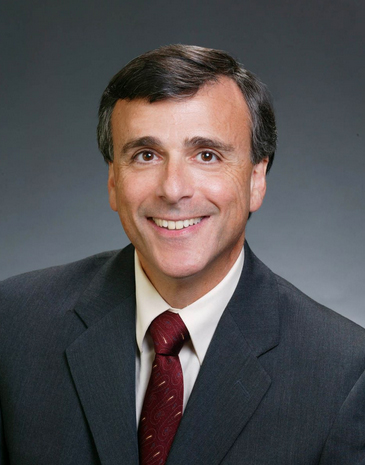
Susan Weinstein, J.D.
Editor in Chief, Care for Your Mind
In a decision more political than legally sound, a judge in a U.S. District Court in Texas struck down the Affordable Care Act (ACA, also known as Obamacare) last week. (Download the 55-page decision.) In Texas v. U.S.A., Judge Reed O’Connor determined that when Congress removed the penalty for not having health insurance, it rendered the entire ACA statutory scheme invalid. However, knowing that the decision would be appealed, the judge left the ACA to function normally until it ran its course in the court system...












Connect With Us